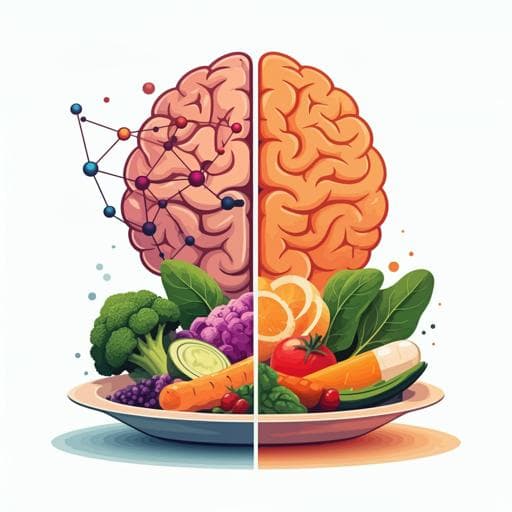
Health and Fitness
Reliability and validity of a General Nutrition Knowledge Questionnaire for adults in a Romanian population
S. Putnoky, A. M. Banu, et al.
Explore the groundbreaking findings of a study assessing the validity and reliability of a nutrition knowledge questionnaire tailored for Romanian adults. Conducted by a team of esteemed researchers including Salomeia Putnoky and Ancuţa Mioara Banu, this research unveils significant insights into the nutritional knowledge landscape in Romania.
Related Publications
Explore these studies to deepen your understanding of the subject.







